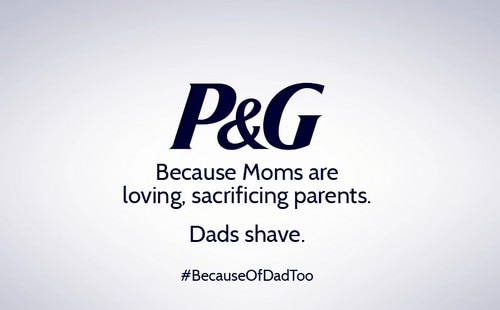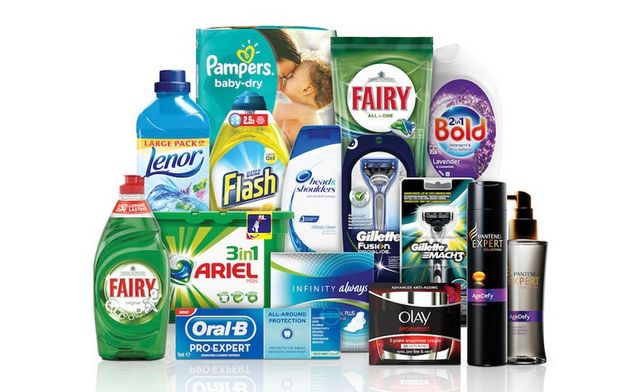Handling 10 product categories with more than 60 brands, Procter & Gamble popularly known as P & G has emerged as a leading player in the developed countries contributing 65% of its net sales. It is currently operating in 6 business segments which are further categorised as retail and corporate.
Table of Contents
Segmentation, targeting, positioning in the Marketing strategy of P & G –
Like any other FMCG company, Procter & Gamble uses a mix of demographic, geographic and psychographic segmentation variables.
Differentiation targeting strategy is used by P & G to make the specified product available to the particular customer.
Product based and value-based positioning is used by P & G to create the right set of imagery stimulus in the mind of the consumer.
Marketing mix – Here is the Marketing Mix of P & G.
SWOT analysis – Here is the SWOT analysis of P & G.
Mission- “Be, and be recognised as the best consumer products and services company globally”
Vision- “Inclusion of diversified community through co-creation of values”
Tagline-“Touching lives, improving life”
Competitive advantage in the Marketing strategy of P & G –
Strong product line: Procter & Gamble have a strong presence with a large number of brands within each product categories such as Healthcare products, grooming products, fabric care & home care, Beauty products and baby & family care products.
Market Presence: P & G as of now sells its products in more than 180 countries through it fully owned business units or joint ventures. With such as large presence, company’s distribution network has been successful in making its products available to remotest areas of the regions.
BCG Matrix in the Marketing strategy of P & G –
Being present in 5 lines of businesses with large SKU’s (stock keeping unit) is helping the company in being competitively ahead of its competitors.
It’s grooming products, fabric & home care and beauty products star in the BCG matrix while the other two i.e. health care and baby & family business segments are a question mark in the BCG matrix.
Distribution strategy in the Marketing strategy of P & G –
Handling end to end distribution channel through its own resources or through the third party has helped the company to make its products available in the market. P & G is investing in building more flexible, agile and faster distribution network so as to align its inventory management system with those of channel partners. It makes its products available in the market through distributors, resellers, retailers, e-commerce sites etc.
Brand equity in the Marketing strategy of P & G –
Whether through CSR activities or advertisements or positive word of mouth, P & G has been successful in creating high awareness among the customers worldwide. Engaging with customers on the first moment of truth i.e. when customers look for a product and the second moment of truth i.e. when the customer uses the product has helped the company in co-creating the products as per the market.
Competitive analysis in the Marketing strategy of P & G –
P & G is facing competition across the globe from the companies with similar offerings and various private label players affect its businesses. The main factors on which companies in this industry compete are quality, distribution network reach, product portfolio, SKU’s and many others.
Market analysis in the Marketing strategy of P & G –
Companies working in FMCG industry are facing tough competition from local, national and international players. This industry in itself faces several risks like government regulations, natural calamities, supply & demand side risk and risk associated with the stakeholders of the business which can affect the way company is functioning.
Customer analysis in the Marketing strategy of P & G –
Customers of P & G is Pop & Moms store, drug store, departmental stores, supermarket chains, distributors and e-commerce companies. P& G works collaboratively with their customers to enhance and enrich their customer experience
Liked this post? Check out the complete series on Strategies


Old Spice needs to be matured in bottle design.
The Old Spice brands are great, smell wonderful, and are in great performing bottles.
——-BUT———
The designs for the products are immature and look like they are advertised for a demographic that is 5-9 years old.
No offense to children.
But, could the Old Spice line be researched and branded for an older generation.
Since most of the 35-55 male demographic acts like they’re 6 years old “waiting on a milk shake from their grandma” – I wouldn’t ask them.
So you may want to ask a generation over the age of 55 how to make Old Spice look.
Thank you!
Have a wonderful day!